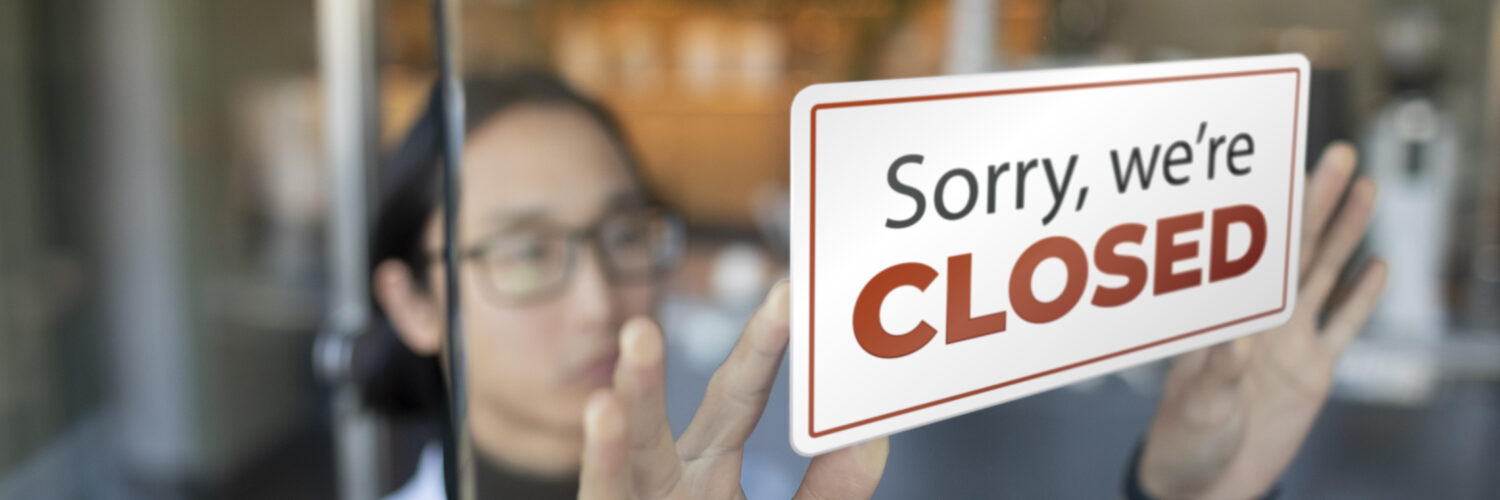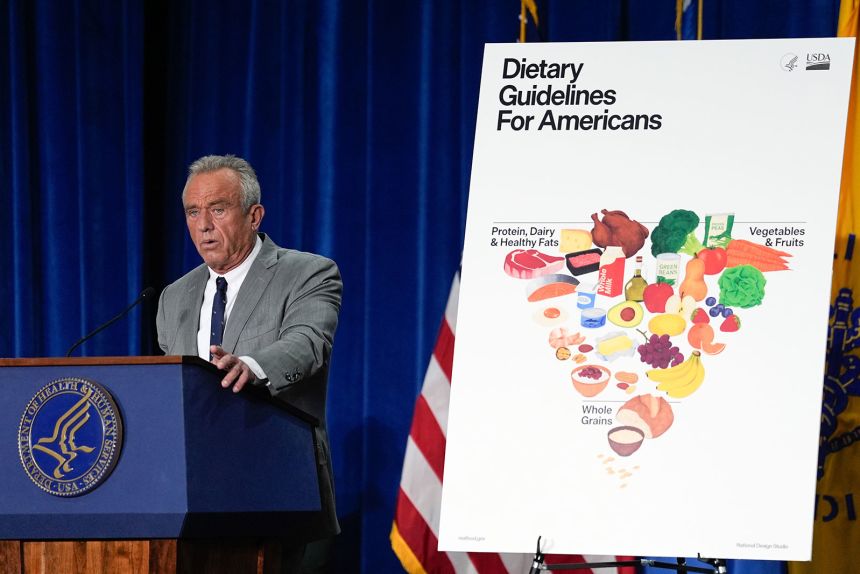When a restaurant is forced to close its doors unexpectedly even for a day the financial consequences can be brutal. Every hour offline can mean thousands of dollars in lost revenue, spoiled inventory, canceled reservations, and frustrated loyal customers who may not return. For hospitality businesses built on tight margins and constant cash flow, business interruption is not just an inconvenience it’s a threat to long-term survival.
This is especially true in Florida, where restaurant owners face unique regional risks: hurricanes, tropical storms, power outages, flooding, utility disruptions, and even prolonged construction delays. For small business owners in this industry, lacking the right insurance plan can turn a temporary crisis into a permanent shutdown.
That’s where small business restaurant insurance Florida comes in not just as a regulatory checkbox, but as a vital tool for business continuity. A well-structured insurance strategy doesn’t just cover broken equipment or property damage. It protects your income, your staff’s paychecks, and your ability to bounce back quickly when disaster strikes.
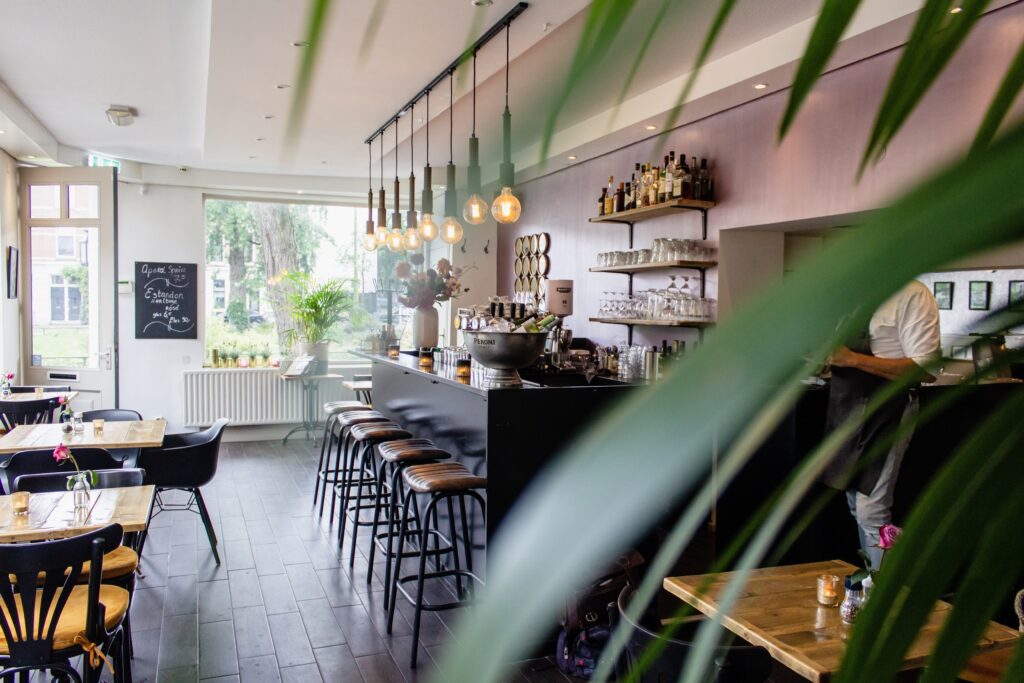
The Day Everything Stopped: A Case of Sudden Interruption
Early Morning Flooding in Naples
It was just past 3 a.m. when disaster struck a thriving coastal bistro nestled in Naples, Florida. A relentless summer storm had overwhelmed the city’s stormwater infrastructure, causing an unexpected backflow surge that rushed into the restaurant’s back entrance. Despite the owners’ investment in proper floor drainage, backflow preventers, and sump pump systems, the sheer volume of water proved too much. Within minutes, the kitchen and dry storage areas were submerged under more than six inches of contaminated floodwater.
The flooding wasn’t just a temporary nuisance it was a full operational shutdown. Refrigeration systems were compromised. Electrical panels sparked and shorted. Thousands of dollars in perishable inventory were rendered unsafe and had to be discarded immediately. By the time the sun rose over the Gulf, the once-bustling restaurant had fallen completely silent.
The Immediate Fallout
The owner, a seasoned professional with two decades in the hospitality industry, wasted no time. At 6 a.m., they called their insurance agent at Commercialize Insurance Services (CIS), the Florida-based independent agency that had helped them customize their small business restaurant insurance Florida package.
That policy had the right endorsements in place and covered:
- Water damage to commercial kitchen equipment, including refrigeration and food prep appliances
- Spoiled perishable stock, with replacement value calculations already outlined
- Lost income during operational downtime, triggered automatically under business interruption clauses
The most crucial component turned out to be the business interruption insurance, a vital part of the BOP. It kicked in the moment the restaurant ceased operations, offering not just peace of mind but tangible financial relief. With this coverage, the owner continued to receive income based on pre-loss revenue reports. That money helped keep the business afloat while the cleanup crews moved in, and electricians worked around the clock to restore functionality. Payroll, monthly rent, utility bills, and local taxes were all covered, mitigating what could have been a permanent closure.
Why Small Business Restaurant Insurance in Florida Matters
This scenario is far from rare in Florida. Between hurricane threats, flash flooding, and aging city infrastructure, restaurant owners in the state face unique environmental and operational risks. What saved this Naples bistro wasn’t just good fortune, it was preparation and the right insurance partnership.
For entrepreneurs and food service professionals, this case illustrates why a small business restaurant insurance Florida policy is not a luxury, it’s a necessity. It’s not just about replacing physical damage; it’s about protecting your livelihood, your staff’s income, and your ability to bounce back after the unexpected.
Planning for the Worst Before It Happens
This incident reinforces a key message: the best time to prepare for a disaster is before one ever occurs. While cleanup and restoration are reactive, insurance is proactive. It provides a financial safety net that can mean the difference between temporary closure and permanent loss.
For restaurant and small business owners seeking a roadmap to resiliency, the U.S. Small Business Administration (SBA) provides exceptional tools and planning resources. From disaster recovery guides to emergency loan options, the SBA’s site is a must-visit for businesses looking to build continuity plans or strengthen their response to operational threats.
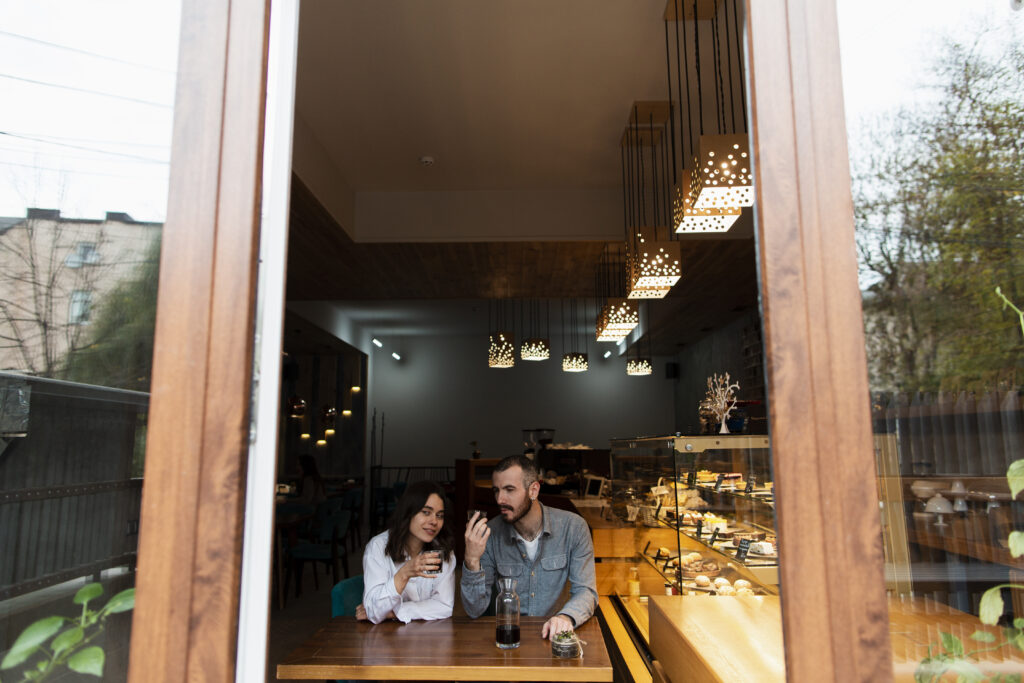
The Role of Business Interruption Insurance
What It Covers
Business interruption insurance is often overlooked until it’s desperately needed. This crucial coverage is designed to replace lost income and cover necessary expenses when a business is forced to temporarily shut down due to a covered perils such as fire, windstorm, or, in this case, flood-related water damage that rendered the restaurant completely inoperable.
For the Naples bistro, business interruption insurance proved to be the financial bridge that carried them through months of forced closure. Thanks to the policy structure built into their small business restaurant insurance Florida package, the following were covered:
- Daily revenue losses, calculated using previous financial statements and seasonal trends
- Temporary relocation costs, including leasing a commercial kitchen space to continue limited operations via catering and deliver an initiative that helped retain customer engagement and brand visibility
- Payroll continuation for core staff, allowing the owner to retain their head chef, general manager, and key kitchen personnel, preserving consistency once full reopening was possible
- Ongoing expenses, such as utility bills, insurance premiums, and loan repayments, which would otherwise have accumulated and posed a significant financial burden
Because of this coverage, the restaurant wasn’t just able to survive the interruption; it stayed present in the local food scene. By pivoting to catering from a rented commissary kitchen, they maintained relationships with loyal clients and stayed visible on social media and local platforms, which ultimately helped fuel a stronger reopening.
The Importance of Documentation
One of the most crucial yet underappreciated aspects of filing a business interruption claim is documentation. Without it, even the most comprehensive coverage can be delayed or worse, denied.
In this case, the restaurant was well-prepared. Their bookkeeper and CPA had long maintained accurate and accessible records, which proved invaluable when the time came to file the claim. Among the documents submitted:
- 12 months of profit and loss statements, which clearly outlined historical income trends
- Tax filings and returns, providing formal proof of business performance
- A detailed business recovery plan, showing how the owner intended to manage reopening timelines, vendor re-engagement, and staff scheduling
Because all these records were up-to-date and professionally managed, the claims process moved swiftly and efficiently. The insurer was able to validate the losses without lengthy disputes, and disbursements were made on schedule. This case highlights a key lesson for small business owners: organized financial documentation isn’t just good practice, it’s essential for maximizing insurance benefits when you need them most.
Beyond Interruption: Supporting Coverages That Enabled Recovery
While business interruption insurance provided the financial backbone during the closure, the restaurant’s ability to recover fully was made possible by several other key coverages included in its small business restaurant insurance Florida policy. Each type of insurance played a unique and complementary role in managing the physical, legal, and human aspects of the crisis.
Commercial Property Insurance
The floodwaters didn’t just halt operations, they physically destroyed core components of the restaurant’s infrastructure. Several high-value assets were lost, including:
- A walk-in freezer critical for storing bulk perishables
- A high-end espresso machine, used in a profitable coffee and dessert program
- The point-of-sale (POS) system, which contained customer data, sales records, and digital inventory tracking
Because the restaurant had robust commercial property insurance with replacement cost coverage (not just depreciated value), they were reimbursed based on current market pricing for each piece of equipment. This allowed the owner to replace items with equivalent or superior models and minimize long-term operational disruption. The coverage also extended to flooring, cabinetry, and water-damaged prep surfaces, ensuring the physical space was fully restored to code.
Workers’ Compensation Coverage
During the initial cleanup phase, one kitchen staff member slipped on a wet surface and sprained their wrist while attempting to move waterlogged equipment. Even minor injuries can lead to liability risks and disrupt team morale if not handled correctly.
Thanks to the restaurant’s workers’ compensation insurance, which was part of the bundled plan arranged through Commercialize Insurance Services (CIS), the injured employee received:
- Immediate medical evaluation and treatment
- Paid recovery time off
- Assurance that their job would be secure upon return
This not only fulfilled the employer’s legal obligation under Florida law but also reinforced trust within the team, helping to maintain morale during a stressful time. More importantly, it prevented any potential legal action, since all medical and wage replacement needs were promptly addressed.

General Liability Protection
Just days after the flood, a neighboring business tenant in the same commercial complex accused the restaurant of being the source of the flooding, citing alleged grease trap backups. Although the claim was later disproved through the city’s inspection report, the accusation triggered the need for legal counsel.
Fortunately, the restaurant’s general liability insurance stepped in, absorbing:
- Legal defense costs
- Investigation fees
- Communication with property management and the city’s legal counsel
These types of third-party claims, even when baseless, can be expensive and time-consuming to manage. Without general liability protection, the restaurant might have faced thousands in legal expenses out of pocket.
The Recovery Timeline: Step by Step
Rebuilding a business after a disaster is never simple but with a well-structured small business restaurant insurance Florida policy and a dedicated agency like Commercialize Insurance Services (CIS), the process can be strategic, organized, and ultimately successful. Here’s how the recovery of the Naples bistro unfolded over a 12-week period.
Week 1: Emergency Assessment and Filing Claims
Within 48 hours of the flood event, insurance adjusters were onsite, inspecting the damage and beginning the formal assessment. The restaurant’s agent at Commercialize Insurance Services (CIS) worked side-by-side with the owner to ensure that both business interruption and commercial property claims were submitted promptly and correctly.
Key milestones in Week 1 included:
- A full inventory of lost/damaged equipment and food stock
- Activation of the business interruption clause based on revenue projections
- Immediate vendor and utility notifications
- Coordination with local authorities to obtain a temporary catering permit, allowing the business to maintain limited operations and retain some income while repairs were underway
Weeks 2–6: Cleanup, Repairs, and Interim Operations
With funding already initiated from the insurance payouts, the restaurant brought in certified restoration professionals to handle:
- Water extraction and mold remediation
- Electrical and HVAC system evaluations
- Sanitization of food prep surfaces in accordance with health codes
Meanwhile, the business refused to go dark. Instead, leveraging support from the business interruption policy and the temporary catering permit, the team:
- Partnered with local events and corporate offices to provide catering services
- Rented a commissary kitchen, keeping the brand alive and employees working
- Maintained visibility through digital marketing and customer outreach
This phase was crucial for preserving brand loyalty and team morale, and it was made financially feasible by the ongoing income replacement the business interruption coverage provided.
Weeks 7–12: Renovation and Relaunch
Once the site was fully dried, sanitized, and cleared for construction, renovations began not just restoring the original setup but using this as an opportunity to modernize and optimize operations.
Insurance-funded improvements included:
- A new energy-efficient walk-in cooler
- Updated electrical systems with surge protection
- Upgraded point-of-sale technology for faster service and better analytics
By Week 10, the restaurant hosted a soft relaunch, inviting long-time patrons, event partners, and local food influencers for exclusive tastings. Positive word-of-mouth and professional press coverage laid the groundwork for a grand reopening in Week 12, amplified by:
- Paid social media ads
- Press releases to local news outlets
- Email campaigns and loyalty offers for returning customers
None of these efforts would have been possible without the uninterrupted cash flow provided by the insurance policy, which ensured operational momentum and allowed the owner to focus on long-term recovery, not just short-term survival.
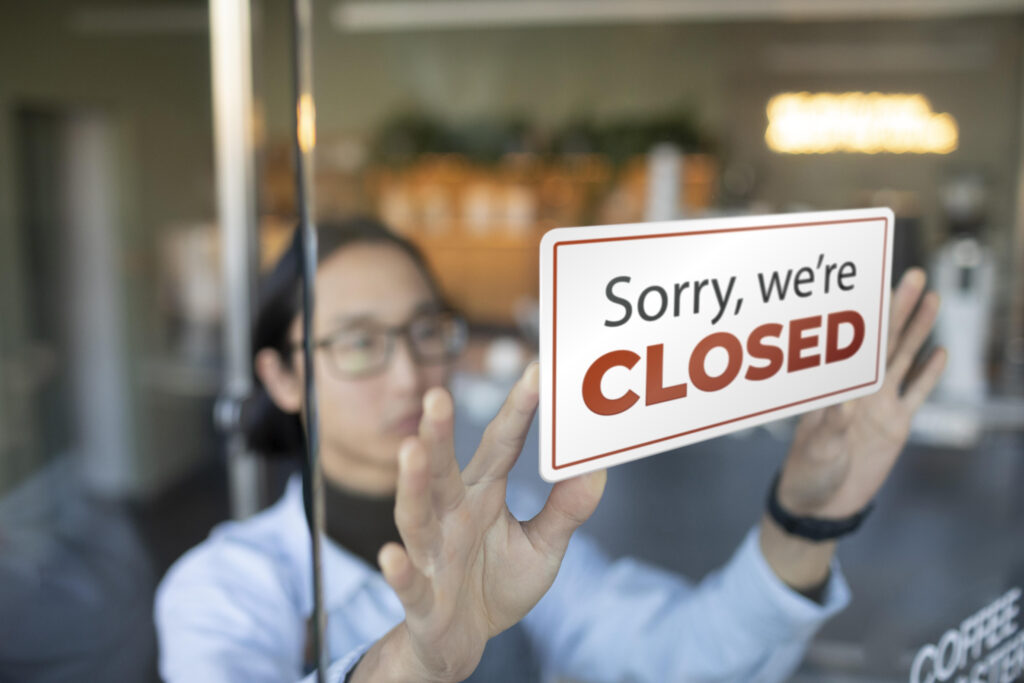
Common Business Interruption Triggers in Florida
Operating a restaurant in Florida brings exceptional opportunities but also unique operational risks. From tropical weather patterns to infrastructure challenges, small business restaurant insurance Florida becomes essential for long-term stability. Understanding the most common triggers and ensuring they’re covered under the right policy terms is critical to navigating disruptions with confidence.
Below are some of the most frequent causes of business interruption claims affecting Florida’s restaurant sector.
Natural Disasters
Florida is no stranger to hurricanes, tropical storms, and flooding, particularly along coastal regions.
- Hurricanes and Storm Surges: Storm-force winds can destroy signage, rooftops, and utilities, while saltwater intrusion can corrode kitchen systems and trigger evacuations or mandated closures.
- Flash Flooding and Wind Damage: Even when storms are less severe, flash floods can infiltrate kitchens and storage areas, causing immediate shutdowns and long-term mold risks.
While wind and rain may be covered under standard commercial property insurance, flood protection often requires a specific endorsement or separate flood policy. Restaurants without this additional coverage may find themselves without recourse after a storm.
Utility Failures
Utility disruptions are a growing cause of partial or full business closures in Florida, especially during storm season.
- Prolonged Power Outages: Blackouts can spoil thousands of dollars in refrigerated goods within hours, and interrupt POS systems, ventilation, and safety lighting, forcing closure.
- Gas Line Service Disruption: A gas leak or city-wide gas repair project may require restaurants to halt cooking operations altogether, even if the facility itself is undamaged.
External Construction
Urban development brings noise, dust, and blocked access factors that can drastically reduce foot traffic.
- City Infrastructure Projects: Sidewalk and street closures due to roadwork, sewer upgrades, or public transit construction can limit visibility and discourage customer visits.
- Vibration or Noise Damage: Heavy demolition near restaurants can cause vibrations that crack walls or disturb the dining environment, especially in historic buildings or fine dining spaces.
While not always included in base coverage, some business interruption endorsements can be added to cover loss of income due to government action or third-party work interference.
Equipment Failures
Even in the absence of external disasters, internal system breakdowns can be just as devastating.
- Commercial Refrigeration or HVAC Failures: A failed walk-in freezer can result in a full inventory loss. HVAC system outages during Florida’s hot months can make dining areas unsafe or non-compliant with health regulations.
- Fire Damage from Kitchen Equipment: Grease fires or malfunctioning stoves can damage critical systems and lead to fire marshal-mandated shutdowns, triggering business interruption policies.
Having equipment breakdown insurance or mechanical failure riders can complement business interruption policies and provide broader protection for these types of incidents.
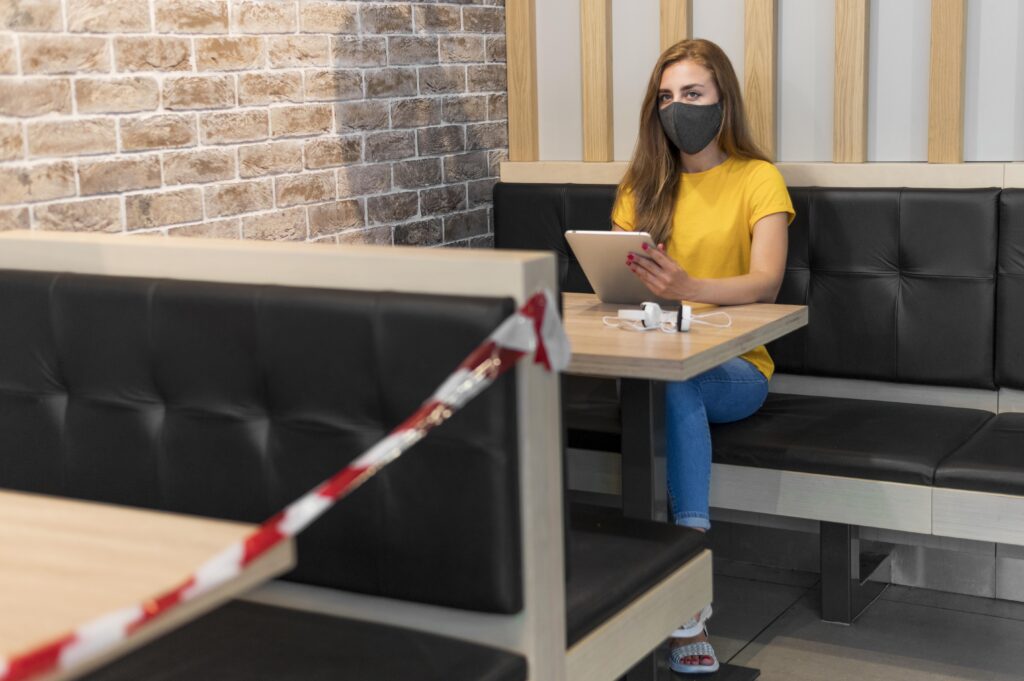
What Restaurant Insurance Should Include
When evaluating insurance options, Florida restaurant owners must go beyond just satisfying legal requirements. The hospitality industry is fast-paced, high-risk, and dependent on equipment, people, and consistency. A single incident whether it’s a kitchen fire, employee injury, or business interruption can jeopardize long-term viability.
To build true resilience, your small business restaurant insurance Florida policy should include the following core components:
Business Owners Policy (BOP)
A Business Owners Policy (BOP) is often the most efficient and affordable way to bundle foundational coverages. For most restaurants, a BOP includes:
- Commercial Property Insurance: Covers damage or loss to your building, kitchen equipment, furnishings, and signage due to fire, storm, or vandalism.
- General Liability Insurance: Protects against claims of bodily injury, property damage, or customer accidents like slip-and-fall incidents.
- Business Interruption Insurance: Provides income replacement and helps cover operating expenses if your restaurant is forced to shut down due to a covered event.
Workers’ Compensation Insurance
In Florida, any restaurant with four or more employees is legally required to carry workers’ compensation insurance. But beyond compliance, this coverage serves a critical purpose:
- Pays for medical expenses and lost wages for employees injured on the job
- Protects the business from lawsuits stemming from workplace injuries
- Demonstrates employer responsibility, improving staff morale and retention
Given the physically demanding and fast-paced nature of restaurant work on hot surfaces, sharp tools, slick floors, this coverage is not optional; it’s essential.
Employment Practices Liability Insurance (EPLI)
The modern hospitality industry faces heightened scrutiny around hiring practices, workplace culture, and employee treatment. EPLI coverage shields your restaurant from:
- Wrongful termination claims
- Harassment or discrimination allegations
- Legal defense costs associated with employee lawsuits
Claims in this category have been rising in recent years, especially in high-turnover sectors like restaurants. A single allegation, even unfounded, can cost thousands in legal fees and damage a brand’s reputation. EPLI is a smart investment for long-term stability.
Equipment Breakdown Insurance
Today’s restaurants rely heavily on commercial-grade appliances, many of which are costly and complex. From walk-in coolers and deep fryers to espresso machines and point-of-sale systems, a single mechanical failure can cause major disruption.
Equipment Breakdown Insurance offers:
- Fast repair or replacement of failed units
- Coverage for electrical surges, mechanical malfunctions, and even operator errors
- Minimization of food spoilage and operational downtime
Key Lessons for Florida Restaurant Owners
Have a Disaster Plan
Even with insurance, response time is everything. Have a written disaster plan outlining:
- Evacuation procedures
- Communication protocols
- Vendor and utility contacts
Review Your Policy Annually
Florida’s climate and economic conditions change rapidly. Restaurant owners should work with experienced agents to review coverage annually and ensure limits match real-world operating costs.
Understand What’s Not Covered
Not all policies include flood, utility interruption, or pandemic-related closures. Owners must understand exclusions and consider endorsements or policy add-ons to close coverage gaps.
The National Restaurant Association offers in-depth resources to help foodservice operators manage crisis response and recovery procedures.
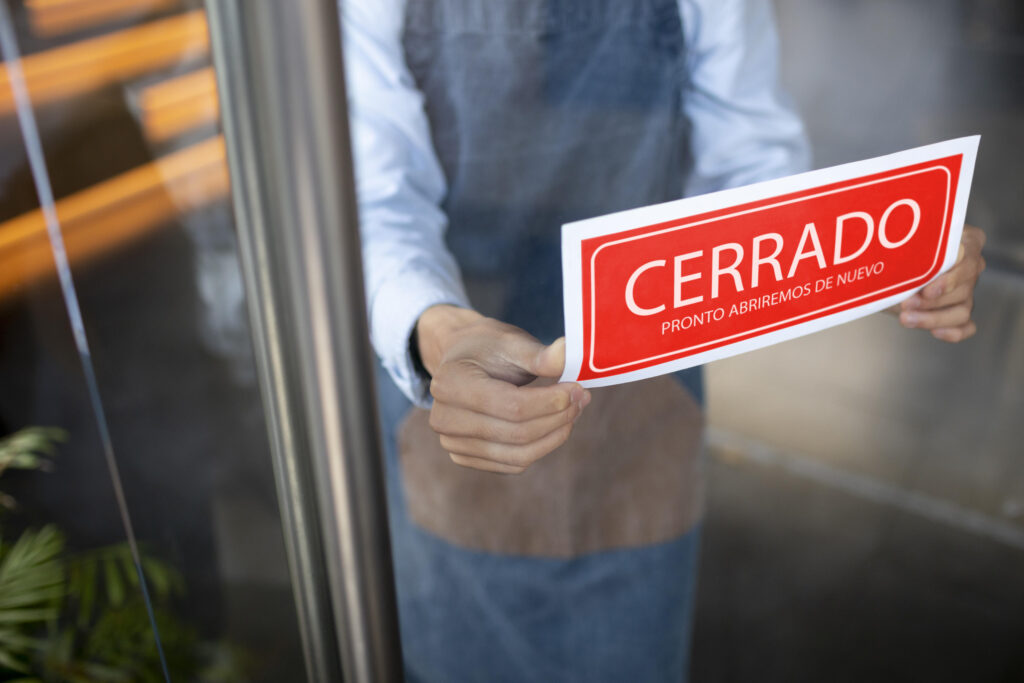
Insurance Is Not a LuxuryIt’s Infrastructure
The restaurant in Naples not only survived, it used the interruption as a chance to modernize, streamline, and reconnect with its customer base. That success was made possible by proactive insurance planning and layered protection.
For hospitality businesses in Florida, insurance isn’t just about meeting legal requirements, it’s about preserving dreams, livelihoods, and community anchors in times of crisis.
Restaurant owners interested in exploring small business restaurant insurance Florida options should seek experienced advisors who understand both the risks and the regulations unique to the state’s hospitality sector. Agencies like Commercialize Insurance Services (CIS), which specialize in Florida’s restaurant industry, can be instrumental in creating a reliable insurance foundation before disaster strikes.
The Insurance Information Institute provides additional insights on business interruption insurance and risk transfer strategies for commercial establishments.
To learn more, visit https://usa-cis.com/ or contact one of their knowledgeable agents today

